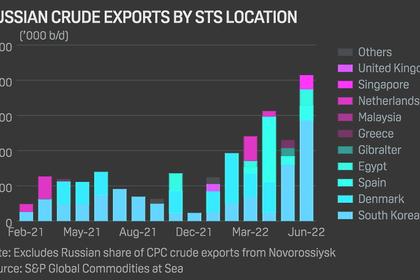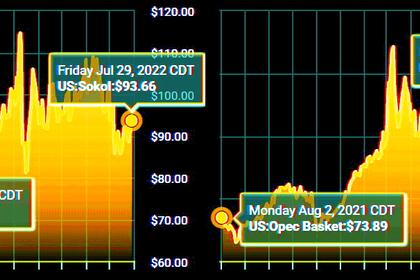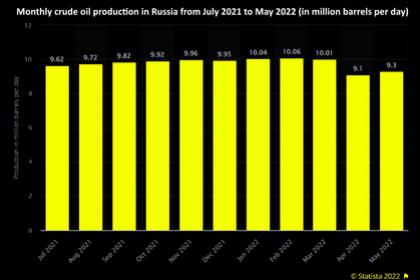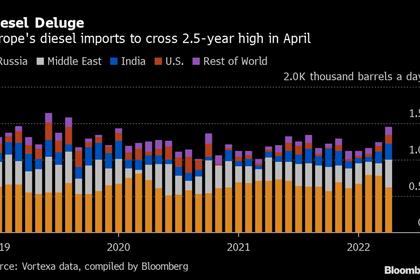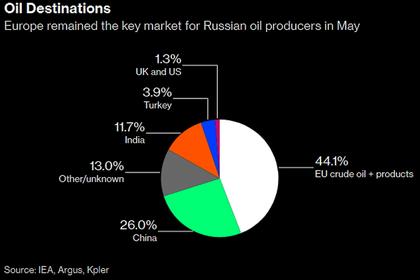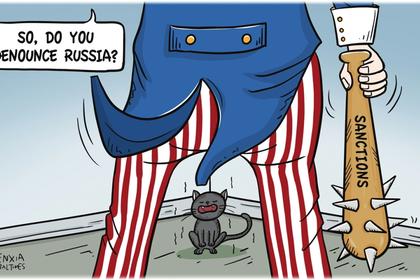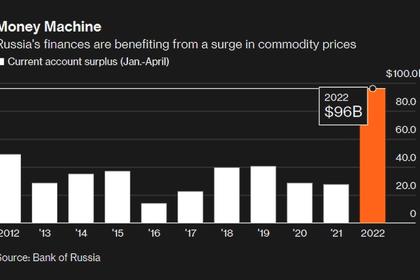
RUSSIAN DIESEL FOR EUROPE UP
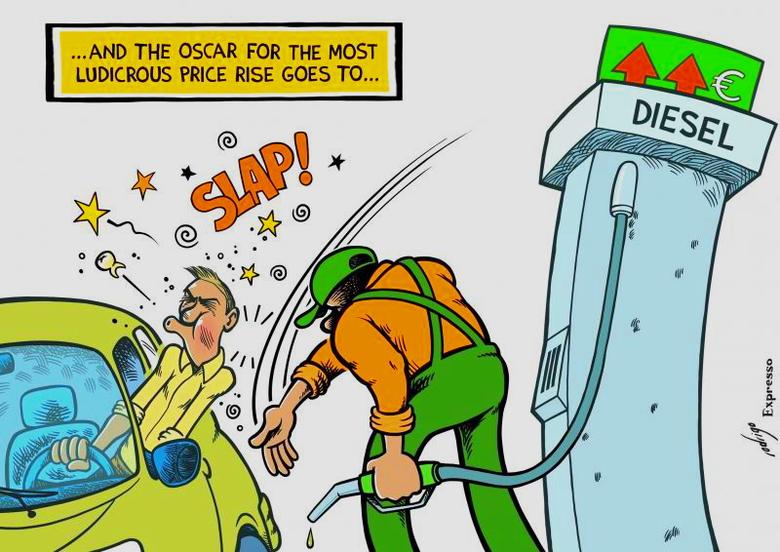
FT - AUGUST 2 2022 - Europe increased its imports of Russian diesel by more than a fifth in July, highlighting the big challenge the continent faces in breaking away from Moscow’s energy supplies and choking funding for its war in Ukraine.
The region imported almost 700,000 barrels a day of the fuel from Russia last month, higher than the previous month and a 22 per cent increase compared with July last year, according to Vortexa, a tanker tracking group.
The increase demonstrates the difficulty the EU will face in reducing its imports of Russian diesel to zero by February as the bloc has vowed to do in response to Russia’s full-scale invasion of Ukraine.
“We’re very far from Europe replacing Russian diesel,” said David Wech, chief economist at Vortexa. “I wonder whether Europeans will manage to fully carry through on the announced diesel import ban.”
In recent years, Europe’s reliance on Russia for the diesel supplies used by trucking groups, car owners and manufacturers has been steadily rising. Russia accounts for more than half of the region’s diesel imports, the Vortexa data show.
Europe’s reliance on imports from Russia, which roughly account for about 15 per cent of the region’s overall consumption, raises questions on whether the EU is prepared to face the full force of the sanctions it plans to implement.
In a sign of Europe’s concerns over global energy security, the EU eased sanctions last month on Russian state-owned enterprises such as Rosneft, allowing European companies to engage in transactions with them for oil destined for third countries.
Much of Europe’s diesel supply comes from turning crude into fuel products at refineries, but the continent is suffering from a shortage of refining capacity after pandemic-era cuts when demand for fuels dropped as people travelled less.
Wech said going forward the “key question” was whether US refiners, which typically focus production on gasoline, would be attracted by the big margins on offer to produce more diesel for Europe.
The gap between Brent crude and diesel prices is $35 a barrel compared with $20 in the case of gasoline, according to S&P Global Commodity Insights.
China has spare refining capacity to produce more diesel, but Beijing has directed its refineries to focus on supplying the domestic market.
In the early days of the Ukraine war, some of the world’s largest trading houses warned of a severe shortage of diesel globally that could lead to fuel rationing.
The tight diesel market has pushed prices to record highs. In the UK, diesel prices at the pump including tax were hovering close to an all-time high at 197.25p per litre as of July 15, according to RAC.
Recessionary fears have taken the edge off of crude oil and fuel prices in recent weeks but soaring gas prices — which are 10 times the level they were over the past decade in Europe — could add to the pressure on the diesel market. Natural gas prices are so high that energy companies and manufacturers are provided incentives to switch power generation to diesel, which could drive up oil demand by 700,000 barrels a day globally over winter, according to JPMorgan.
“That additional oil demand for power generation could further tighten the global diesel market and could send diesel prices to all-new highs,” it said.
-----
Earlier:
